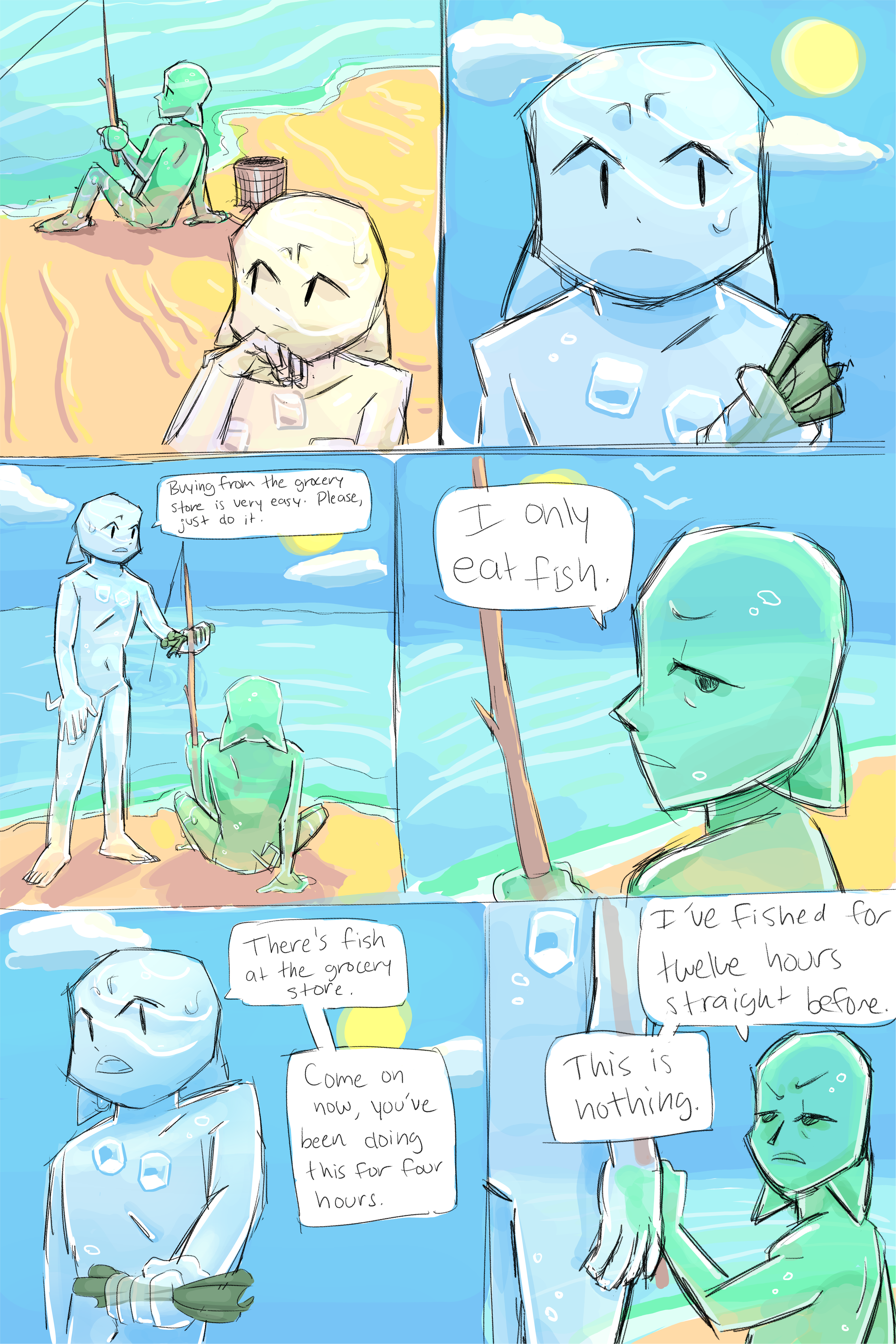HOME | DD
 Bakk2Square1 — Juice Breed
Bakk2Square1 — Juice Breed

#juice #dinky #openspecies #dinky_drinks
Published: 2023-10-04 02:44:58 +0000 UTC; Views: 438; Favourites: 6; Downloads: 0
Redirect to original
Description
Guess who just discovered what the "stabilizer" does... /:
I've been making my life harder than it needs to be for the longest time
Anyway, here's the juice breed
Juice Breeds
Rarity: Common
Standard traits: side ears, point tail, head open area
Recommended diet: fruits🍊, vegetables🥕, herbs🌿
. . .
The juice breed is an especially popular choice. With its cuter appearance and jolly personality, it’s no wonder that people have fallen in love with it. They have a lot of variety when it comes to their liquid composition, so it can be fun to see what kind of options there are out there. Breeders and regular owners alike enjoy finding different flavors of juice for the next generation of juice dinkies.
These dinkies were specifically bred for the cuteness factor. As a result, they are notably shorter and rounder looking than their water counterparts, with side ears, head open areas, and point tails. For comparison, the average juice dinky is about as tall as the shoulder height of the average water dinky, and usually they’re a little bit shorter than that. They’re almost like fruit flavored children.
Their personalities are very attractive to anyone looking for a dinky to call their own. Loyal, loving, and very affectionate, an owner is sure to get plenty of attention from a juice dinky. They are also extremely energetic and also need lots of attention. It is believed that the energy-giving element of fruits and vegetables in the juice breed increases its energy. If you’re not the kind to like spending too much time on a pet, the juice breed may not be for you. However, if you love spending time with your pets and love the high energy they provide, the juice breed is a great option! Juice dinkies are just as intelligent as water dinkies, so there is not much of a tradeoff when choosing between the two.
Be warned, though, that the juice breed has a tendency to form health problems. For instance, their roundness and shortness make them considerably less fit than their water counterparts and they may have trouble lifting heavy objects. They are also more fragile and may get injured easily. This is especially a problem since juice breeds are known for their energy and need to go outside and explore. Juice dinkies also tend to have digestive and circulatory problems since their organs are more squished together than other dinky breeds. This problem tends to be especially pronounced the shorter the dinky is. When choosing a juice dinky, do not be tempted to adopt the shortest and cutest one; it might just be the most unhealthy!

























